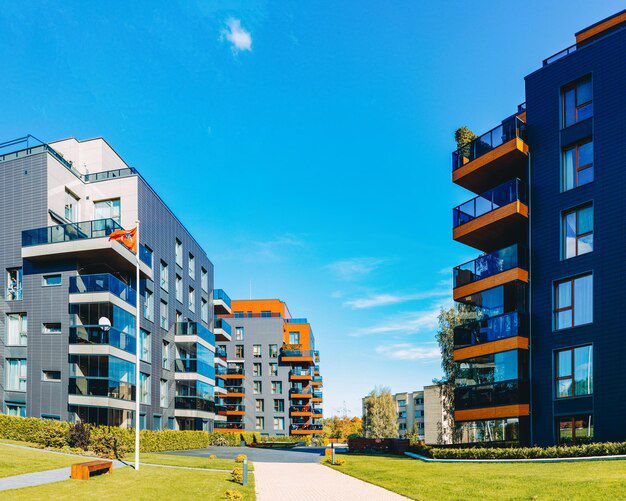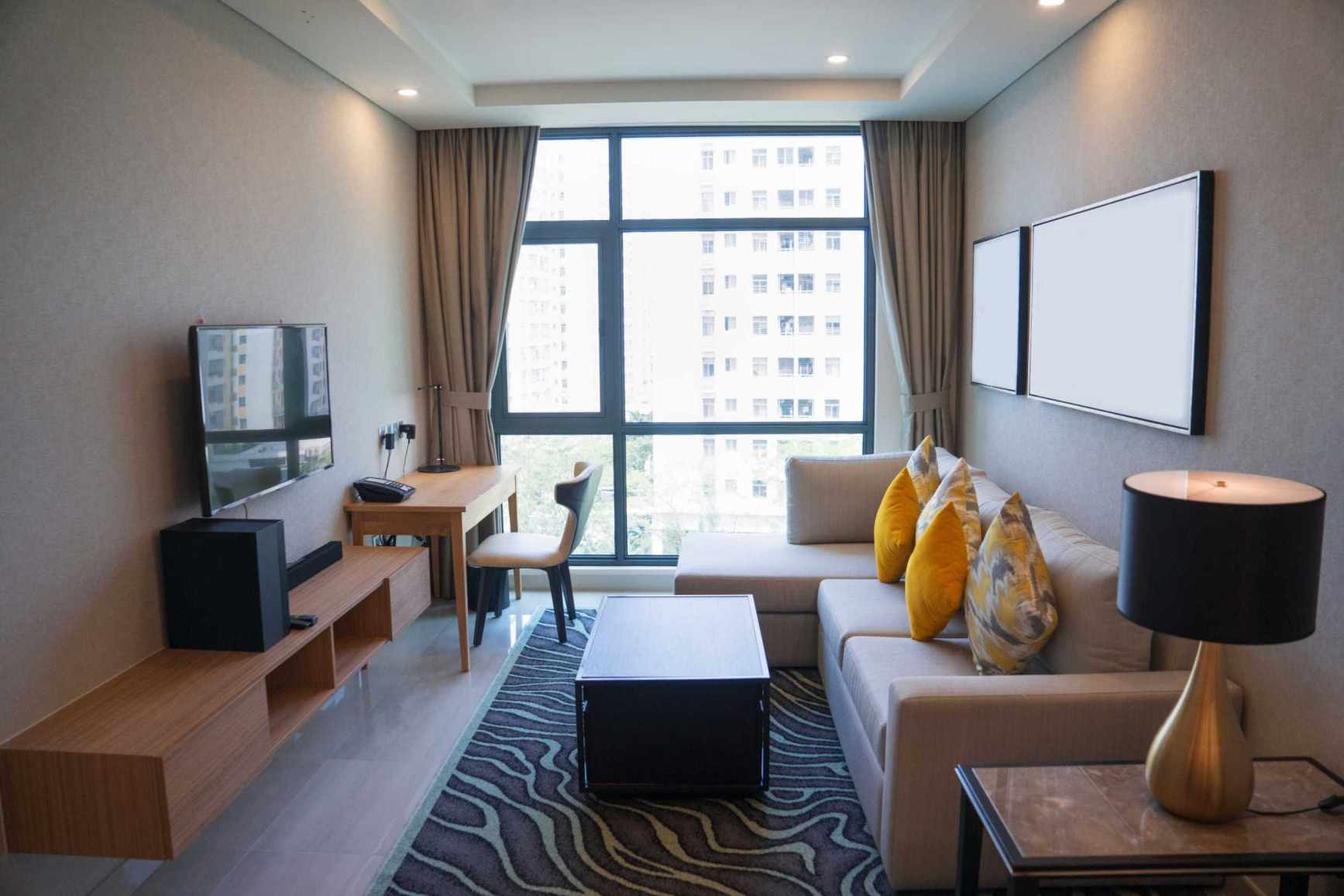

Upto 14-20% Returns Per Annum T/C* Applied*
Popup Title
This is a popup message.
- bharat agarwal
- Investment-Advisory
Condo vs. Apartment: What’s the Difference?
Are you considering purchasing or renting a condo or an apartment?
While both offer cozy and often luxurious living spaces, understanding the distinctions between a condo and an apartment is essential before making your decision.
If you're unsure about what sets them apart, you’ve come to the right place! In this article, we’ll explore the definitions, key differences, and the pros and cons of condos and apartments to help you make an informed choice.
Understanding the Basics: Condo vs. Apartment
Knowing the fundamental distinctions between a condo and an apartment is crucial. While both are residential units, their primary difference lies in ownership.
Explore Our Listing : Residential Plots In Goa
Ownership:
1. Condos: Privately owned units within a larger building or complex.
2. Apartments: Typically rented units managed by a landlord or property management company.
Ownership impacts financial commitments, responsibilities, and decision-making.
Condo owners are responsible for maintenance within their unit and pay additional fees for shared spaces.
On the other hand, apartment tenants are only responsible for rent, with maintenance handled by the landlord or management firm.
What Is a Condo?
A Condominium (condo) is a residential property where individuals own their specific unit while sharing ownership of common spaces.
These common spaces may include hallways, elevators, parking lots, swimming pools, and gyms, which are managed by a homeowners association (HOA).
Features of a Condo:
1. Ownership of the individual unit.
2. Shared maintenance of common amenities.
3. Monthly HOA fees for upkeep.
Living in a condo offers a sense of community and access to amenities that may be too costly to maintain in standalone houses.
However, it also involves adhering to HOA rules and paying association fees, which can vary significantly depending on the location and facilities.
What Is an Apartment?
An Apartment is a rented living space in a larger complex managed by a landlord or property management company. Apartments are typically leased for a specific period, such as six months or a year.
Features of an Apartment:
1. No ownership—tenants pay rent.
2. Landlord or management handles maintenance.
3. Lease agreements dictate terms, including modifications and renewals.
Apartments are ideal for people seeking flexibility and short-term housing solutions.
Renters enjoy the convenience of maintenance-free living but have limited freedom for customizations.
Key Differences Between a Condo and Apartment
|
Feature |
Condo |
Apartment |
|
Ownership |
Owned by individuals. |
Rented or leased. |
|
Maintenance |
Owner handles unit maintenance. |
Landlord manages maintenance. |
|
Customizations |
Owners can customize freely. |
Limited changes require approval. |
|
Amenities |
Often feature luxury facilities. |
Basic amenities are more common. |
|
Costs |
HOA fees, property taxes. |
Monthly rent payments only. |
|
Flexibility |
Suited for long-term ownership. |
Ideal for short-term renters. |
Pros and Cons of Condos
Pros:
1. Ownership: Freedom to customize your living space.
2. Amenities: Access to premium facilities like pools, gyms, and lounges.
3. Community: Sense of belonging through shared spaces.
4. Potential Investment: Possibility to sell or rent out your property in the future.
Cons:
1. Costs: High initial purchase price and ongoing HOA fees.
2. Maintenance: Owners bear the responsibility for repairs inside their unit.
3. HOA Rules: Restrictions on noise, renovations, or pet ownership.
Pros and Cons of Apartments
Pros:
1. Affordability: No large down payment; lower monthly costs.
2. Flexibility: Easier to move after lease expiration.
3. Maintenance-Free: Landlords handle upkeep and repairs.
4. Short-Term Commitment: Ideal for those with temporary housing needs.
Cons:
1. No Ownership: No equity or long-term investment.
2. Limited Customization: Restricted ability to personalize the space.
3. Rent Increases: Subject to potential rent hikes.
4. Rules: Lease agreements may include stringent conditions.
Which Should You Choose: Condo or Apartment?
Your choice between a condo and an apartment depends on several factors:
1. Budget:
-Condos require a larger financial commitment, including HOA fees and property taxes.
-Apartments are cost-effective for short-term stays.
2. Lifestyle:
-Condos are ideal for individuals seeking long-term investment and ownership.
-Apartments offer flexibility and less responsibility for maintenance.
3. Space and Amenities:
-Condos often provide more space and luxurious amenities.
-Apartments are more basic and practical.
4. Location:
-Evaluate the neighborhood, commute, and nearby facilities.
Conclusion
To sum up, condos and apartments cater to different lifestyles, financial goals, and preferences. By understanding the key differences—ownership, maintenance, and costs—you can make an informed decision that suits your needs.
Whether you’re investing in a condo or renting an apartment, it’s essential to weigh your priorities, from budget and lifestyle to amenities and location.
The right choice will align with your personal and financial goals, ensuring a comfortable and fulfilling living experience.
Read More : Farm Land For Sale In Goa






